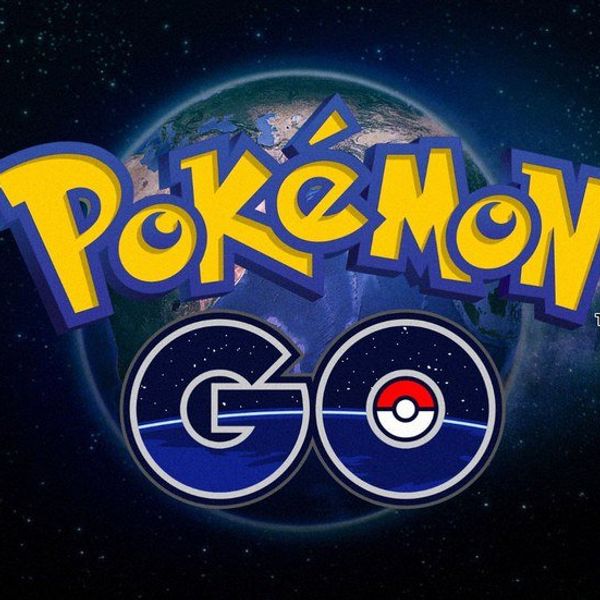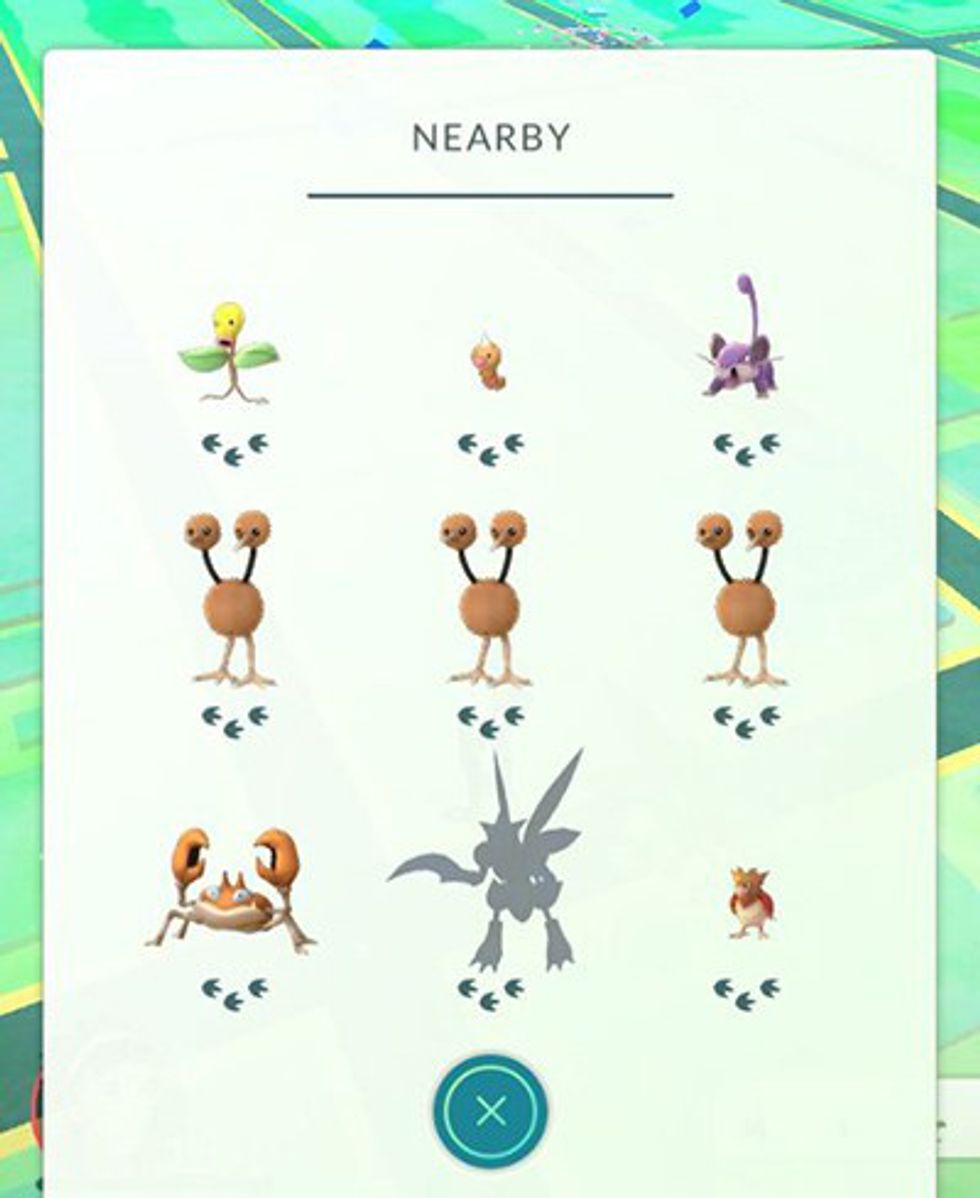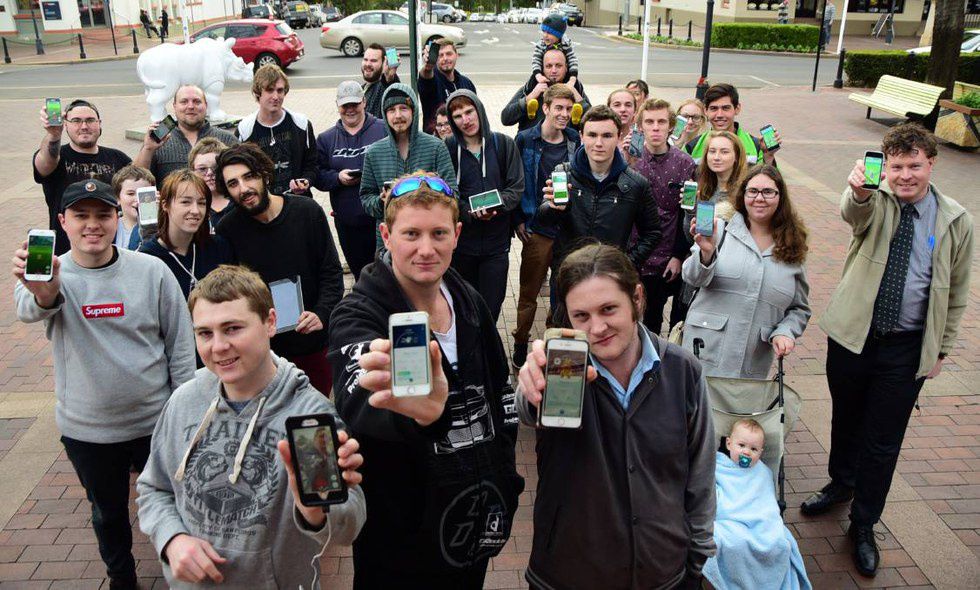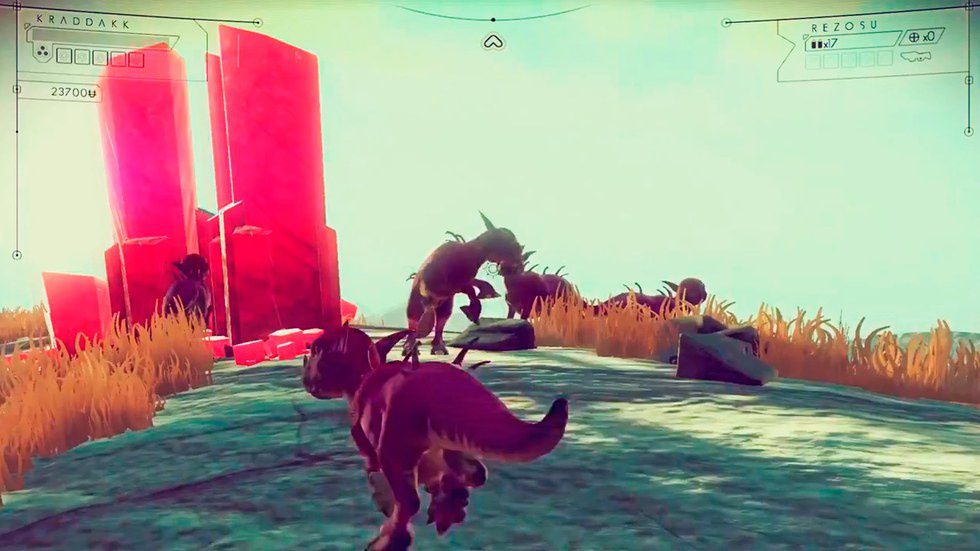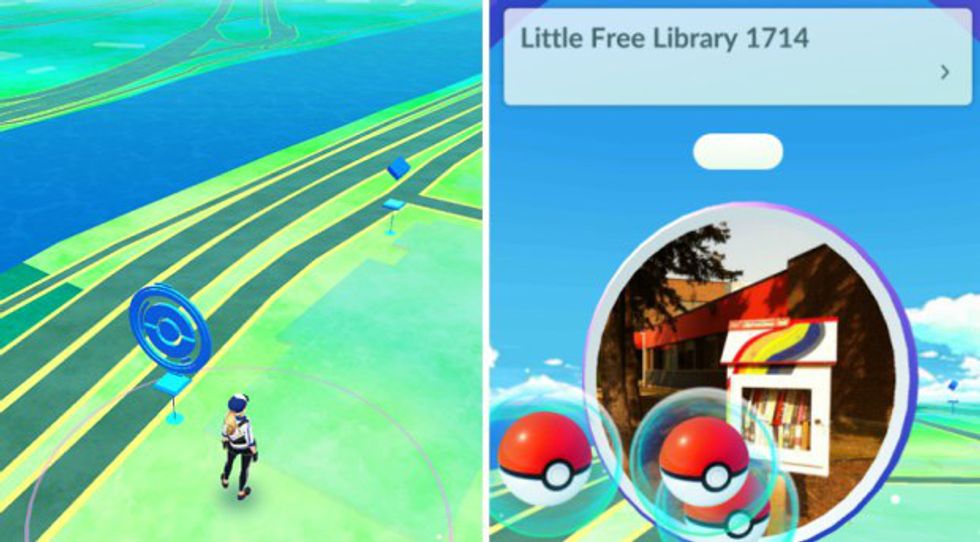Since the beginning of July, Pokémon fans living in the United States have been smitten with "Pokémon Go" -- the augmented reality phone application that has slowly but surely taken the world by storm. The game has reached diverse audiences because of its easy-to-use, interactive interface and addictive objective: to "catch 'em all" by simply walking around in real life. The game has successfully re-captured millions of Pokémon fans' hearts, too, by offering a nostalgic array of first-generation Pokémon creatures (with subsequent generations supposedly in the works).
San Francisco-based "Pokémon Go" (and Ingress) developer Niantic, Inc. has announced several more international releases since the game's American debut: Germany, the United Kingdom, Italy, Spain, Portugal, Japan, Hong Kong and many others. International expansion seems to be the developer's main concern subordinate only to maintaining the game's consistently overburdened location-based servers.
The company claimed in a Tweet that keeping the servers functioning under pressure "comes first" for them. However, some players feel as if Niantic and the "Pokémon Go" team are not doing enough to keep players loyal. As with any work-in-progress release, the game is chock full of bugs, glitches and for many players, downright irritating deal breakers.
One of the most complained about features of the game before its official first update (that became available late last week) was the "step glitch" -- a problem with the visual footprint system that was meant to show players how close they are to nearby "catchable" Pokémon.
After the first few initial weeks (post-U.S. release), the one, two and three (100, 200 and 300 meters respectively) footprints above an available Pokémon no longer represented the locations of the creatures. Instead, all nearby Pokémon appeared in the system as three footprints away, making it more difficult for adamant virtual Pokémon trainers to track their desired catches. The already-angered player community became enraged after the game's update; instead of providing a solution for the flawed "steps" system, Niantic completely removed all traces of the feature from the app. Players began to feel lost without some sort of "hint" about Pokémon whereabouts and many decided to boycott the game until its problems were properly fixed.
Another unpleasant surprise caught players off-guard Thursday morning when the "Pokémon Go" Twitter page released a statement announcing a new glitch that has been making the odds of successfully capturing desired Pokémon less likely. After the disappointing step glitch solution, the announcement of another major problem within the game has become the last straw for many players who have decided the game is not worth its initial hype. The statement explains a reported increase in Pokéball escapes and lag in successful and "rare" captures over the past few days. The newly discovered bug also robs players of their routine XP (experience) bonus after catching a Pokémon. Of course, overprotective and easily off-put individuals have also become angered by the game's ability to distract users -- seemingly more than texting and social media (the two historically worst offenders when it comes to vehicular fatalities and other crimes / deaths) have in the past.
Despite its fever pitch-fame, "Pokémon Go" -- like every other explosively popular trend -- appears to be fading out of the spotlight only one month after its highly anticipated release. The game has lost its No.1 spot in the iOS store to Bitmoji, a personalized icon software popular with the teen crowd.
New Englander Nick Johnson further challenged the company's stagnation by announcing that he has already caught all of the game's available Pokémon. This event begs the question, what will Niantic do to keep "Pokémon Go" relevant? In natural sciences, adaptation is what keeps species alive. If a species refuses to change in the face of adversity, then it becomes extinct over time. It is possible that the intense excitement that surrounds "Pokémon Go" might eventually transfer to another revolutionary game (like "No Man's Sky" -- a soon-to-be released science-fiction game set in an infinite, procedurally generated galaxy).
Fortunately for the company, though, plenty of people still love the game and are willing to wait out the positive changes still to come. "Pokémon Go" has been noted numerous times since its release for positively impacting the lives of people who might have otherwise never left their homes, made new friends or found other entertaining hobbies. The "PokéStop" feature of the game also has the potential to bring crowds to smaller businesses by offering virtual incentives to those who stop at them.
Who knows if "Pokémon Go" will stick around for months to come or even years? What cannot be changed, however, is the positive impact the game has left on the world.


